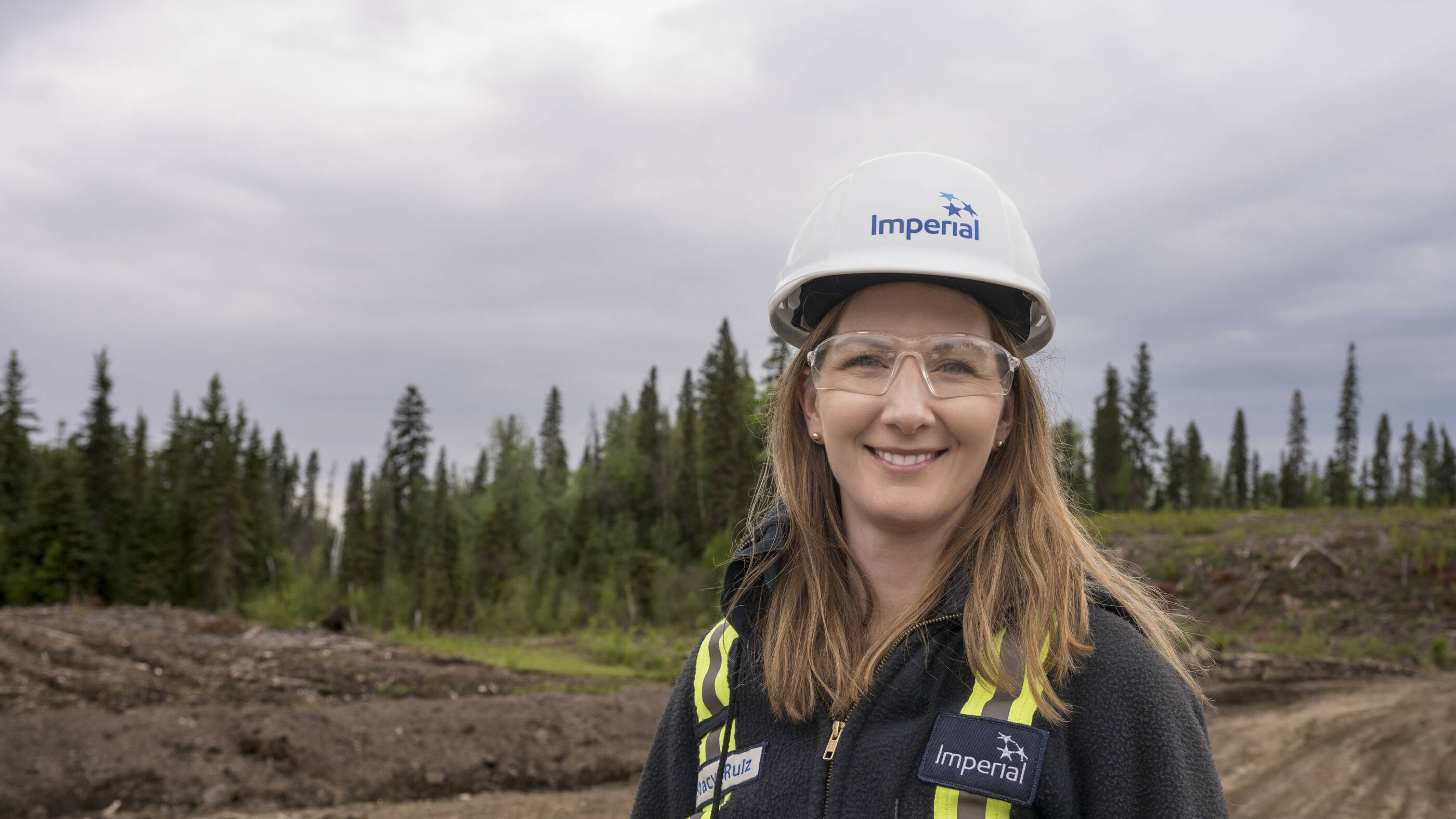selected item
Cold Lake
Emergency contact: 780-639-5200
About Imperial’s Cold Lake operation
Cold Lake is an in-situ oil sands operation in northern Alberta. Sitting on a large, high-quality resource base, the operation is using and piloting next-generation solvent technologies that can improve production and lower greenhouse gas emissions intensity.
Cold Lake is one of the longest running oil sands operations in northeastern Alberta and one of the largest in-situ thermal operations in the world. The operation supplies refineries across Canada and the United States with the crude needed to create fuel, asphalt and other important products. The site’s past success and current strength stem from the skills, commitment and passion of the site’s workforce, made up of approximately 400 employees and 1,000 contractors including from Indigenous-owned businesses. In 2024, gross production at Cold Lake averaged 148,000 barrels per day.
Safety and emergency preparedness
Cold Lake has a fully-developed emergency response plan (ERP) that is tested regularly and supported by training and practice exercises, and ongoing communication with nearby communities. We will reach out to nearby residents if required during an emergency, or if any day-to-day operations could impact those in the area.
Environment
To responsibly meet the demand for energy we continuously look to improve technologies and practices that reduce our impact on the land, water and air.
Land
We thoughtfully and progressively reclaim the land we disturb with native trees and shrubs that are traditional to Indigenous culture and medicine.
More than 16 million trees and shrubs have been planted on our Cold Lake leases since 1999.
Bears, foxes and owls are not an uncommon sight for our employees and contractors. We use critter cards to track and monitor wildlife on our sites and maintain our certification from the Wildlife Habitat Council, a group of conservation organizations dedicated to restoring and enhancing wildlife habitat.
Air
Water
Technology developments have allowed us to reduce fresh water use intensity significantly since the start of our operations. When we do use water, a large portion of it is recycled water from the oil well or taken from deep underground.
Land
We thoughtfully and progressively reclaim the land we disturb with native trees and shrubs that are traditional to Indigenous culture and medicine.
More than 16 million trees and shrubs have been planted on our Cold Lake leases since 1999.
Bears, foxes and owls are not an uncommon sight for our employees and contractors. We use critter cards to track and monitor wildlife on our sites and maintain our certification from the Wildlife Habitat Council, a group of conservation organizations dedicated to restoring and enhancing wildlife habitat.
Air
Water
Technology developments have allowed us to reduce fresh water use intensity significantly since the start of our operations. When we do use water, a large portion of it is recycled water from the oil well or taken from deep underground.
Community engagement
Our neighbours live in Cold Lake, and the MD or Town of Bonnyville, and include 12 First Nation and Métis communities. Formal consultations and engagement meetings are held throughout the year to update nearby community members on the operations and to discuss important concerns such as water usage, land reclamation, business and employment opportunities.
Consultation is an important ongoing process and Imperial is committed to continuous dialogue with our Indigenous neighbours.
Contact information
We work around the clock, 365 days a year, to ensure that we meet the demands of our customers, follow through on our commitment to safety and continually engage partners in the Athabasca region.
Contact us via the following:
General inquiries
780-639-5111
Emergency
Report any unusual odours, sights or sounds
780-639-5200




